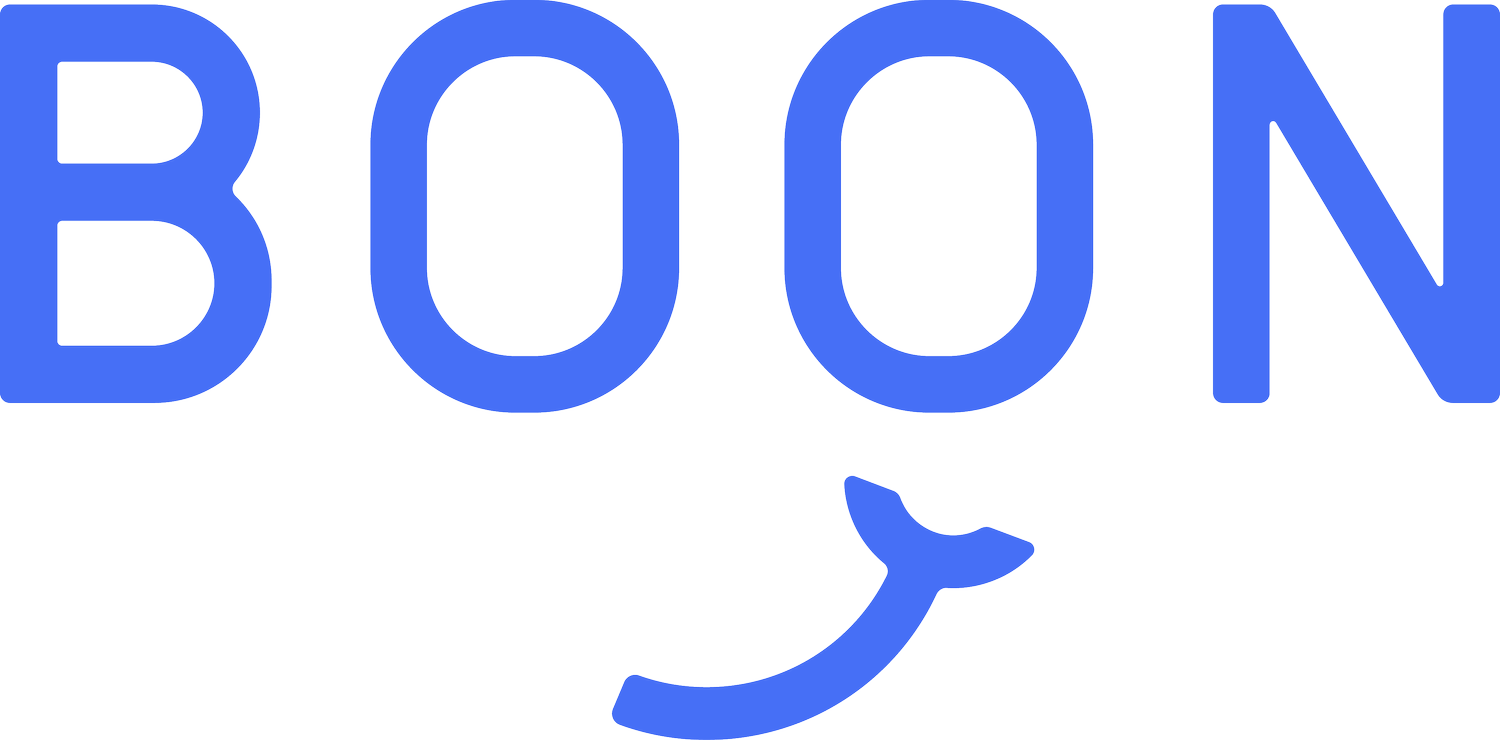Suicide Prevention Awareness Month
Boon Coach Kathleen Fariss
Be gentle with yourself and while reading this blog post, if you feel like you need support, call or text 988 or chat 988lifeline.org to reach a 988 Suicide & Crisis Lifeline. You Matter.
There can be tension while walking in the current moment, hoping and dreaming for the future, and wanting to heal from the past. How do we notice when someone else is wrestling with these emotions? How do we become more aware of their struggles and compassionately reach out and support them? That’s the tension we must face when trying to help others navigate difficult seasons.
It’s essential to approach the topic of mental health and suicide prevention with compassion and understanding. Each person’s journey is unique, and showing empathy can make a significant difference. Sometimes, all it takes is a simple act of kindness or a willingness to listen without judgment.
Recognizing the signs of mental distress and reaching out to offer support can be challenging, but it’s vital.
If you notice someone experiencing excessive worry, sadness, mood swings, or changes in behavior that seem unusual, it’s crucial to let them know that you’re there for them. A kind gesture, a caring conversation, or helping them connect with mental health resources can be a lifeline.
According to the National Alliance on Mental Illness (NAMI) trying to tell the difference between what expected behaviors are and what might be the signs of a mental illness isn’t always easy.
Here are some other common signs of mental illness in adolescents and adults:
● Confused thinking or problems concentrating and learning
● Prolonged or strong feelings of irritability or anger
● Avoiding friends and social activities
● Difficulties understanding or relating to other people
● Changes in sleeping habits or feeling tired and low energy
● Overuse of substances like alcohol or drugs
● Inability to carry out daily activities or handle daily problems and stress
For a full list, please visit www.nami.org.
Promoting mental wellness involves creating a safe and open environment for conversations about mental health. By eliminating the stigma surrounding mental health issues, we can encourage individuals to seek help without feeling ashamed. Providing information about available resources, such as therapy, hotlines, and support groups, can empower people to take steps towards their well-being.
Understanding the role of community is also paramount in suicide prevention. Being a part of a network of individuals who are attuned to each other’s well-being can form a safety net against the challenges that life may bring. By fostering connections and building relationships, we can strengthen our collective resilience.
As we observe Suicide Prevention Month, let’s remember that every action, no matter how small, can have a ripple effect of hope and healing. A kind word, a listening ear, or simply being there for someone can make a world of difference. If you’re struggling or if you know someone who is, don’t hesitate to reach out for help. You are not alone, and your feelings are valid.
In memory of those we have lost and in support of those who continue to fight, let’s come together as a community to raise awareness, provide support, and work towards a world where every individual’s mental health matters.
Remember, you matter, your feelings matter, and seeking help is a sign of strength, not weakness.
If you or someone you know is struggling or in crisis, help is available. Call or text 988 or chat 988lifeline.org to reach the 988 Suicide Prevention Crisis Lifeline.
We can all help and offer support by talking about mental illness, offering support and sharing resources like these below with those we love:
1. 988 Suicide and Crisis Hotline: https://988lifeline.org/
2. National Alliance on Mental Health (NAMI)i Hotline: https://www.nami.org/help
3. SAMHSA: https://www.samhsa.gov/tribal-ttac
4. Crisis Text Line: https://www.crisistextline.org/
5. The Trevor Project: https://www.thetrevorproject.org/
6. RAINN: https://www.rainn.org/
7. National Institute of Mental Health (NIMH): https://www.nimh.nih.gov/
8. U.S Dept of Veterans Affairs: https://www.mentalhealth.va.gov/suicide_prevention/
9. National Guard: https://www.nationalguard.mil/Resources/Suicide-Prevention/
10. National Action Alliance for Suicide Prevention: https://theactionalliance.org/
11. Youth.Gov: https://youth.gov/youth-topics/youth-suicide-prevention
12. American Association of Suicidology (AAS): https://suicidology.org/
13. American Foundation for Suicide Prevenation (AFSP): https://afsp.org/
14. Suicide Awareness Voices of Education (SAVE): https://save.org/
15. The Jed Foundation: https://jedfoundation.org/
16. Children’s Safety Network: https://www.childrenssafetynetwork.org/
17. The Society for the Prevention of Teen Suicide (SPTS): https://sptsusa.org/
18. Suicide Prevention Resource Center (SPRC): https://sprc.org/
19. #BeThe1To: https://www.bethe1to.com/
20. CDC.Gov: https://www.cdc.gov/suicide/
Interested in learning more about how Boon can help you and your teams? Schedule a Demo.
